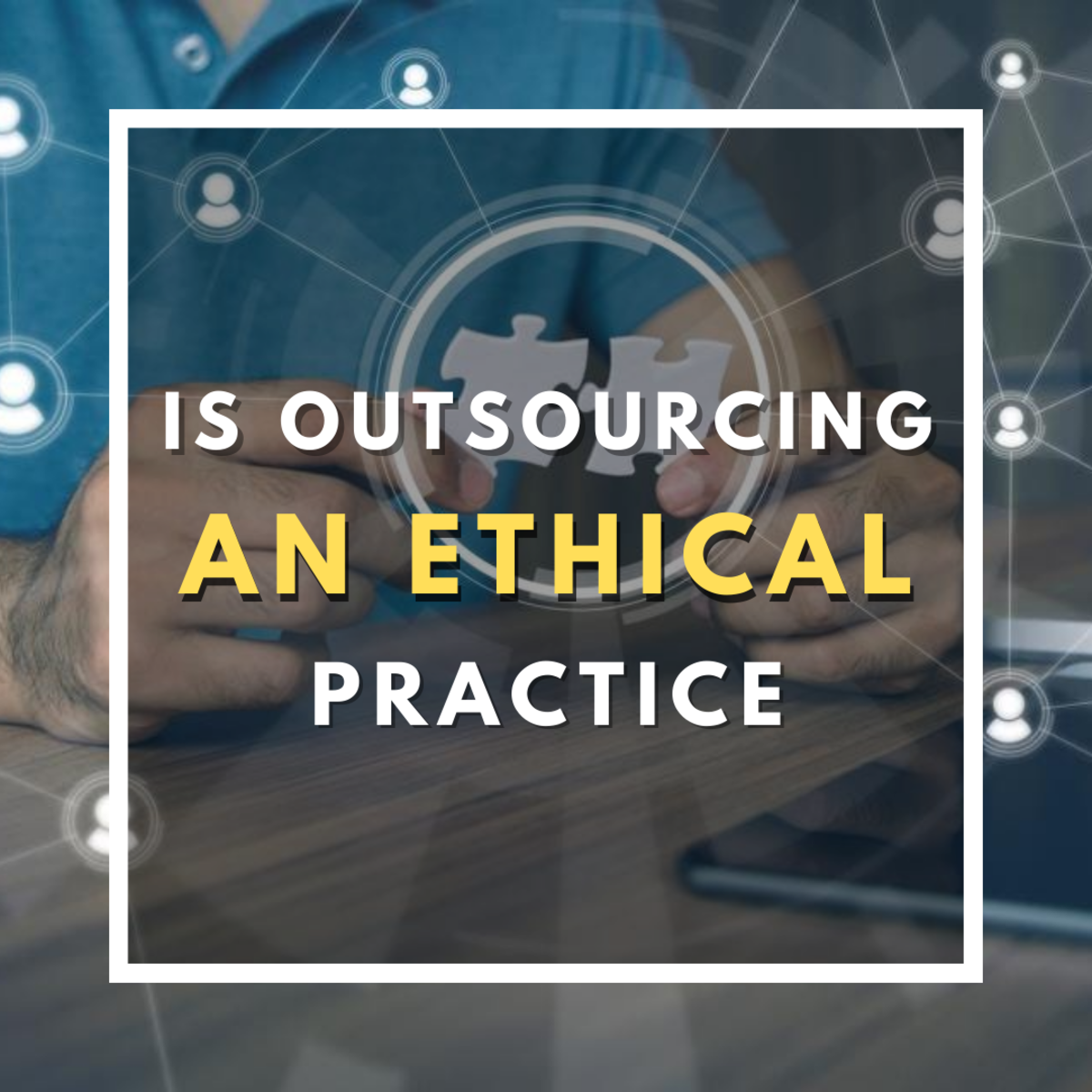Colloquial Rants and Reasoning: End Civilization as we know it Part 2

Predatory Business
Beyond its disregard for anyone’s health or safety, civilization offers a very profitable environment for our sickness and peril. A great man once told me about the very first job he had as a salesman in a hardware store. He said anytime a customer would come in, he would play a game with himself with the objective of selling anything at all, whether the customer needed it or not. Now this sounds mischievous, but fine and dandy for a young man in the 1940s, but this really says it all about business. If you don’t need or want to buy what I have to sell then I must entice or compel you to buy it somehow. Again, this is fine and dandy as long as no one gets hurt, but all too often people do suffer and even die in the name of profit. I think civilization as we know it should end because the peddlers of products and services which are widely known to be addictive, widely known to make people sick, widely known to kill are permitted or even encouraged to profit off the poverty, ignorance, weakness and addiction of others. Over the centuries, one of the most popular methods for duping people was to get them drunk. Massive corporate empires have risen from this method on the backs of addicts and their broken families.

The American Fur Company was one such empire. Founder John Jacob Astor dominated the industry by swindling Native Americans out of their pelts with whiskey. Richard Zacks states in “An Underground Education”, “Although territorial law at the time severely restricted the sale of whisky to Indians, Astor’s men flouted it.” Colonel J. Snelling of Detroit witnessed these atrocities in August of 1825 and accounted, “He who has the most whiskey carries off the most furs” and “the road strewed with the bodies of men, women and children in the last stages of brutal intoxication.” They transformed the people into addicts and facilitated the decimation of countless animals in a blatant disregard for the law. They also eventually turned a handsome profit from the booze, at one point selling it for fifty dollars a gallon at a time when the average unskilled worker earned around ten dollars a month. Upon his death in 1848, Astor was the richest man in America. He was estimated to have been worth $20 million which in today’s currency is roughly $116 billion. New York City landmark The Astor Library bears his name today. As sad as that is, the really sad part is these things still occur.
Anyone who has been to an impoverished area that's wet (legal alcohol) might have noticed a lot of liquor stores. Supply follows demand; the more deplorable conditions are, the more there is a demand for an escape like alcohol. Furthermore, liquor stores are often established a stone’s throw from dry county borders. Legal or not, this is a predatory practice that often goes unnoticed in big cities but on Pine Ridge Indian Reservation in southern South Dakota, it sticks out like a sore thumb. Pine Ridge is dry; neighboring Whiteclay, Nebraska is a tiny town of 12 residence and 4 liquor stores which sell an average of 13,000 cans of beers a day. The overwhelming majority of this alcohol ends up on Pine Ridge or consumed by its residence.
Probably best known for being the site of the Wounded Knee massacre of 1890, “Pine Ridge is home to the Oglala Sioux Tribe and is one of the poorest places in the country, according to 2010 census data.”(Williams). The majority of crimes committed there are alcohol related and one in four children are born with fetal alcohol syndrome or other alcohol related disorder. Many Sioux (and other Indian) children are erroneously taken from their families each year by state run/for profit facilities who deem their families unfit to raise them. In direct disregard to national law in these cases, most of these children are placed with non-native American families, even though there are plenty of stable Indian families who are willing and able to accommodate them. These acts generate revenue for the state, perpetuate assimilation or “the removal of the Indian from the Indian” and the alcohol industry rakes in the dough.
The rest of civilization has not fared much better against the scourge of alcohol. According to the Substance Abuse and Mental Health Services Administration, excessive alcohol consumption accounts for an estimated 79,000 deaths annually in America and alcohol is involved in over half of all assaults, homicides, and auto accidents. In addition, 17 million Americans are either dependent upon alcohol or have serious alcohol problems. But the madness continues.
I am not saying the distributers, advertisers or proprietors of stores that sell these products are bad people. As we all know and as I will discuss later, people must make money somehow and sometimes it’s hard to tell the difference between what is lawful and what is truly ethical. Furthermore, I am not trying to tell anyone what they should or shouldn’t consume. This is YOUR life and as far as anyone REALLY knows, it’s the only one you will ever have. So if you would like to spend it destroying your health, it’s not mine or anyone else’s business. All I’m saying is we should limit the capacity of humanity to kill its own people.
Values must be reevaluated! I have been chained to a nicotine addiction for over half my life and I often wonder if it would be easier to quit if cigarettes were not so easy to get. If I had to grow my own tobacco, knowing that it’s hard work, knowing that it would deplete the soil of nutrients, knowing it must be dried and stored, knowing that it is potentially dangerous to handle around children, would I still smoke as much? Would I smoke at all? The same goes for illegal drugs. How much coke would a coke head snort, if he had to make his own coke? Coca plants will not grow everywhere.
Some say illegal drug dealing is discouraged because it is illegal, but I contend it is encouraged because the money made from these transactions eventually returns to support the establishment. It spends just like money acquired by lawful means. How a tool is acquired does not change the nature of the tool. These businesses spend their ill gotten gains on things that are good for the business just like any ordinary business would. They procure planes, trucks and boats, they buy small towns, they build small armies, purchase politicians, pay off law enforcement, establish global networks, anything to increase the bottom line and apparently it’s well worth the risk because it continues in earnest.
It is frequently said that buying drugs funds terrorism and this is often true, but it is also true of lawful goods and services which seem benign to most consumers. Don’t believe me? Ask the thousands of Q'eqchi people of Guatemala who are being driven off their ancestral farm land right now by European bio-fuel companies. Ask the indigenous residents of the Xingu River basin who are being driven from their ancient lands and ways of life right now by Brazil’s erection of the $13 billion 11,233-megawatt Belo Monte dam. Ask the so called “primitive” communities across India living near Coca-Cola's bottling plants that are experiencing severe water shortages right now as a direct result of Coca-Cola's massive water extraction. Ask the women of the Congo who are otherwise known as human mules in the Republic’s gold mines. The list goes on and on. While these companies are not radical suicide bombers, they are terrorists. Consider the definition.
TERRORISM: the systematic use of terror especially as a means of coercion
TERROR: a state of intense fear
If people do not comply with company demands, resources are withheld and the big guns are brandished. In other words, they are systematically coerced by the use of terror. Many major corporations of the world are not much different from drug cartels. The only difference is the law is on their side. Again, this is not to say these businesses or their customers are evil. Civilization justifies their actions. Laws are confused with ethics. Truths are hidden or not readily available when they fail to supply civilization with the people and resources it must devour to survive. When blatant brute force is no longer feasible, civilization resorts to psychological trickery for its sustenance.
John Broadus Watson, psychologist and founder of behaviorism is perhaps best known for his unethical “Little Albert” experiments where he classically conditioned fear responses into a human infant where none existed before. When Watson was done with baby Albert, he was terrified of furry animals, cotton balls and men with white hair or beards among other mundane things. Sadly after all this, it took an adulterous affair with his assistant to get Watson ostracized from the psychological community. Blacklisted from academia, Watson pioneered the application of classical conditioning principles to advertizing. Watson said to his colleagues, “tell him (the consumer) something that will tie him up with fear, something that will stir up a mild rage, that will call out an affectionate love response, or strike at a deep psychological habit or need” (Buckley). These techniques are still in use today to sell us everything imaginable, from toothpaste to presidential candidates, from breakfast cereals to pharmaceuticals.
Works Cited
"An Underground Education." Randomhouse.com. N.p., n.d. Web. 24 July 2012. <http://www.randomhouse.com/book/195374/an-underground-education-by-richard-zacks/>.
Kawagley, Oscar. "A Yupiaq Worldview: A Pathway to Ecology and Spirit [Paperback]." Amazon.com: A Yupiaq Worldview: A Pathway to Ecology and Spirit (9781577663843): Angayuqaq Oscar Kawagley: Books. N.p., n.d. Web. 24 July 2012. <http://www.amazon.com/Yupiaq-Worldview-Pathway-Ecology-Spirit/dp/1577663845>.
"The Original Affluent Society--Marshall Sahlins." The Original Affluent Society--Marshall Sahlins. N.p., n.d. Web. 24 July 2012. <http://www.primitivism.com/original-affluent.htm>.
http://www.worldhunger.org/articles/Learn/world%20hunger%20facts%202002.htm
http://www.fao.org/news/story/en/item/74192/icode/
http://www.insurancejournal.com/news/national/2012/07/11/255172.htm
http://www.pbs.org/race/000_About/002_04-background-02-01.htm
http://www.reuters.com/article/2012/02/10/us-natives-alcohol-lawsuit-idUSTRE8191JJ20120210
http://www.npr.org/2011/10/25/141672992/native-foster-care-lost-children-shattered-families
http://online.wsj.com/article/SB10000872396390443931404577553082044623996.html?mod=googlenews_wsj
http://www.dailymail.co.uk/health/article-51841/Why-mowing-lawn-bad-you.ht
http://www.indiaresource.org/campaigns/coke/






